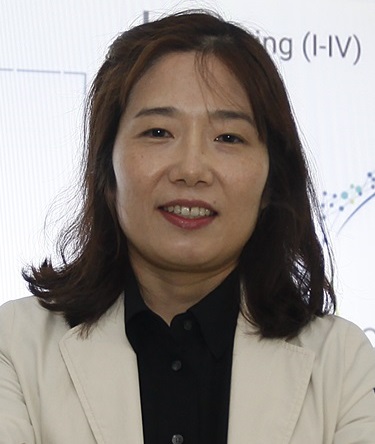A researcher at the Catholic University of Korea Daejeon St. Mary's Hospital has suggested that artificial intelligence (AI) can be an essential tool for accurate diagnosis, treatment, and prognosis tailored to heart disease patients.
Professor Cho Jung-sun of the Department of Cardiology at the hospital made this and other points in a research paper with the title of "A Network-based 'Phenomics' Approach for Discovering Patient Subtypes from High-Throughput Cardiac Imaging Data," released on Tuesday.

Professor Cho and Dr. Sengupta of the School of Medicine of West Virginia University, a world's leading scholar of precision medicine, worked together for a year from February 2018, and succeeded in making an algorithm that can predict major cardiac problems by using machine learning technique. The research team analyzed the results of echocardiography of 300 patients with heart disease at the West Virginia University Medicine by applying the algorithm.
They confirmed that the clinical symptoms, heart failure stages, major cardiac and cerebrovascular events in patients increased as the steps progressed in a similar patient group of four stages (groups one to four) classified without doctors’ judgments.
In the cases of patients with moderate heart failure in groups two and three, which are difficult to distinguish clinically, applying strain rate imaging and blood flow tracking increased the accuracy than using only echocardiography.
When the imaging and blood flow tracking were used, the accuracy rate was 94 percent for group two and 83 percent for group three. When the research team used only echocardiography, however, the result showed 82 percent accuracy for group two and 70 percent for group three.
"Modern medicine should analyze vast information of various patients and provide a customized precision, treatment, and prognosis, and AI will be an important means to accomplish the goal," Professor Cho said.
The information processing speed for various tests performed in the hospital will be faster, and the diagnosis will be more accurate. Eventually, this progress will help in treating patients, she added.
The study was published in both the Journal of the American College of Cardiology image and the American Heart Association Newsletter on Facebook.

